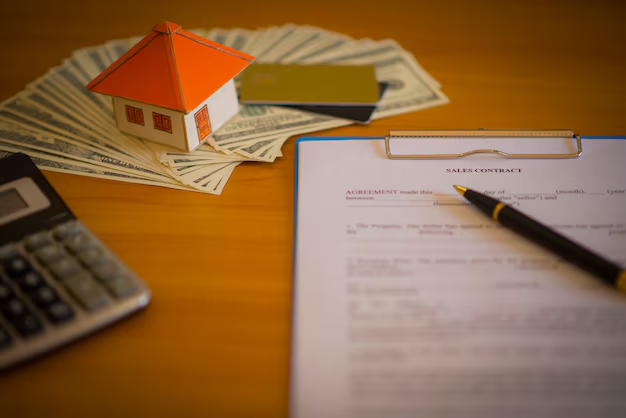Thinking of Buying a Foreclosed Home as a First-Time Buyer? Here’s What You Need to Know
Jumping into the real estate market can be daunting, especially for first-time homebuyers. Among the tantalizing opportunities, buying a foreclosed property might stand out as particularly attractive. These properties are often priced below market value, promising significant savings. Yet, the world of foreclosures isn’t without its challenges. Is it the right choice for you? Let’s explore the potential benefits and possible pitfalls.
Understanding Foreclosed Properties
A foreclosed home is one that the bank has repossessed after the previous owner failed to keep up with mortgage payments. These homes are typically sold at auction or through traditional real estate listings. The primary allure of foreclosed homes is their reduced price, often making them seem like a steal.
The Pros of Buying a Foreclosure
Cost Savings: The most obvious advantage, foreclosures often come at a significant discount compared to other homes. If you’re trying to break into a competitive market, these savings can make a difference.
Quick Purchase Process: Since banks are eager to offload these properties, the purchase process can be faster than the typical homebuying scenario.
Investment Potential: Many buyers view foreclosures as renovation projects with a potential for high return on investment (ROI). With some improvements, these homes can appreciate rapidly in value.
The Cons of Buying a Foreclosure
Property Condition: Foreclosed homes may be sold “as-is,” meaning the bank will not make improvements before selling. This can include everything from minor repairs to major structural issues.
Hidden Costs: Factor in the potential for unforeseen repairs. Inspections are crucial to understanding what you're really buying and how much you might need to invest post-purchase.
Complex Buying Process: Real estate transactions involving foreclosures can be more complex, often requiring thorough knowledge of foreclosure laws and additional paperwork.
Strategies for Success
To navigate the foreclosure market successfully, consider these strategies:
Work with Experienced Professionals: Enlist a real estate agent familiar with foreclosures to guide you through the process. They’ll be able to help identify potential pitfalls specific to these transactions.
Secure Pre-Approval: Ensure financing is in place before making an offer. Sellers often prefer pre-approved buyers for a smoother transaction.
Inspect the Property: Always invest in a thorough property inspection. This step cannot be skipped as it reveals potential issues that could affect your decision to buy.
Financial and Educational Resources
As a first-time buyer, especially one considering a foreclosure, it's wise to explore additional financial assistance programs and education opportunities that could bolster your buying power and real estate savvy:
FHA Loans: These government-backed loans are crafted for first-time homebuyers and might include provisions for buying foreclosures.
HUD’s Good Neighbor Next Door Program: Offers a significant discount for teachers, law enforcement officers, firefighters, and emergency medical technicians.
HomePath Ready Buyer Program: Assists first-time homebuyers with up to 3% closing cost assistance for HomePath properties.
First-Time Homebuyer Grants: Various local and national programs offer grants or low-interest loans for qualifying buyers.
Purchasing a foreclosed home as a first-time buyer can be both an exciting and a challenging endeavor. With the right preparation, thorough investigation, and utilization of available resources, you can minimize risks and maximize your investment.
🏡 Financial & Educational Resources
- 🏦 FHA Loans: Ideal for first-time buyers, including foreclosure opportunities.
- 👨🏫 Good Neighbor Next Door: Discounts for community workers.
- 💰 HomePath Ready Buyer: Helps with closing costs.
- 📚 Homebuyer Workshops: Provides education on purchasing foreclosed properties.
- 📈 Investment Grants: Support for renovation projects and upgrades.
Navigating the foreclosure landscape can be rewarding with proper guidance and resources. Dive in wisely, and your first home may be both an excellent bargain and a lucrative investment.

